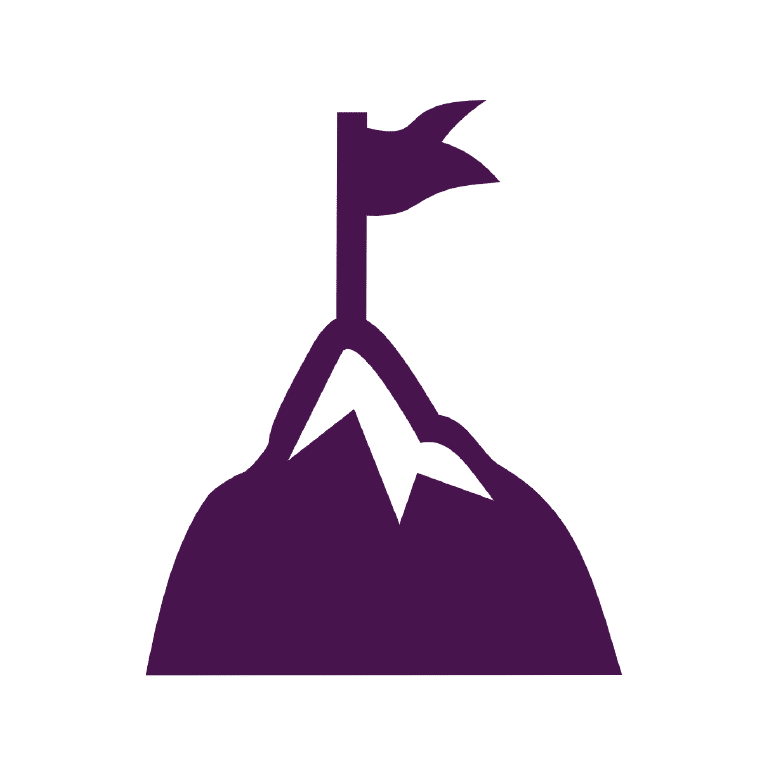
The Challenge
Enterprise Knowledge (EK) worked with a federal agency tasked with preserving our nation’s natural and cultural resources to transform instructional programs and maximize their accessibility and effectiveness. Traditionally, training at this agency is held in-person in a classroom. However, due to the pandemic some of these fundamental courses were paused indefinitely. While the in-person classroom has its benefits, it can be costly and requires students and instructors to travel to a location making several foundational offerings limited to just several times a year and only to a select group of students. The resource preservation agency approached EK to re-evaluate some of these in-person classes to better fit the needs of their learners.
EK consultants worked with the agency to evaluate the current state of the courses that were needing to be refreshed. The evaluation consisted of data collection in the form of interviews, focus groups, and surveys to gather information about course content, educational and logistical soundness, and the agency’s learning ecosystem. The result was not just a refreshment of the content of these courses, but a total course transformation that would benefit all agency employees.
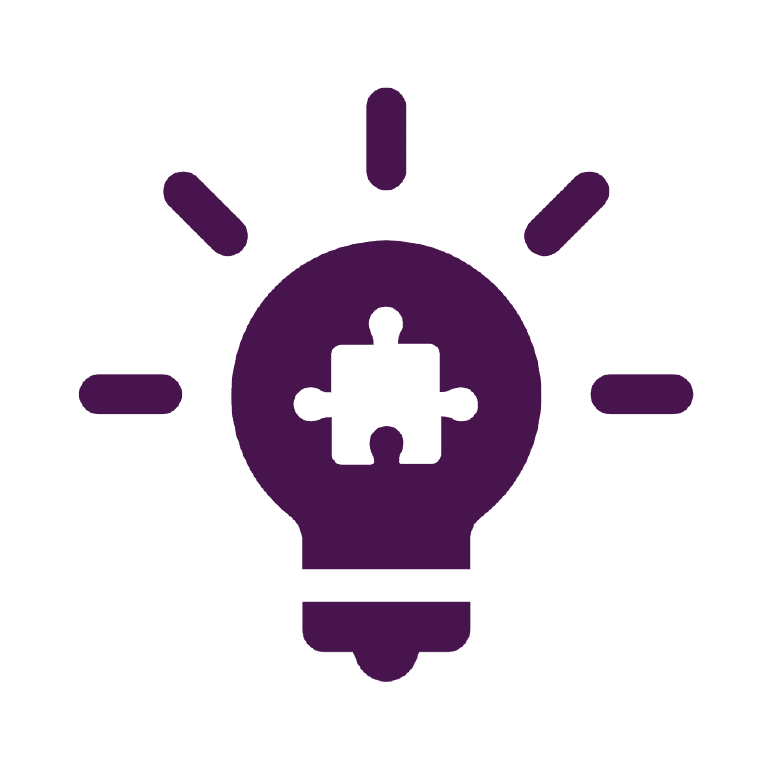
The Solution
EK collaborated with agency staff to re-design and transform these formerly in-person courses into fully virtual and/or blended offerings so they could be available to students at the point of need. The updated format leverages a series of asynchronous activities that allow students to learn at their own pace and practice the foundational skills they have learned on their own before synthesizing their learning in a virtual class or in-person application. Activities included:
- Reusable Virtual Assets: EK converted static content into interactive, digital assets that can stand alone as micro-learning or be threaded together for any virtual class offering.
- Re-designed Course Assets: EK collaborated with agency staff to develop course assets to better suit the needs of learners and the new format. This included the storyboards, course syllabus, lesson plans, a student workbook, PowerPoints, a virtual course landing page, and companion assets such as reference materials and functional graphics.
- Upskilling Instructors: EK surveyed the current instructors on virtual facilitation and found that many did not have experience in this area but expressed interest in learning. EK created a tailored Train-the-Trainer experience to allow instructors to participate as students, shadow lead instructors, and deliver on their own while being observed and evaluated by the lead instructors. EK also collaborated with agency staff to create a facilitator’s guide to aid in the preparation of new instructors onboarding to the courses.
- Communication Plan: A strong communications plan can make or break a virtual learning experience. EK created a Communication Plan Template that included awareness, welcome, onboarding instructions, and a variety of other communications for facilitators to use throughout the duration for the course to ensure students were engaged and on track. This template can be used for any virtual and/or blended course offering.
- End of Course Survey: EK created quantitative and qualitative data-driven measurement plans to gather post-course feedback from attending students.
- 508 Compliant Materials: EK collaborated with agency staff to ensure all course materials are 508 compliant. This included drafting course asset templates that were reviewed for compliance at the onset of development, developing materials that met the criteria for 508 compliance, and conducting a comprehensive review before the materials were released for live cohorts.
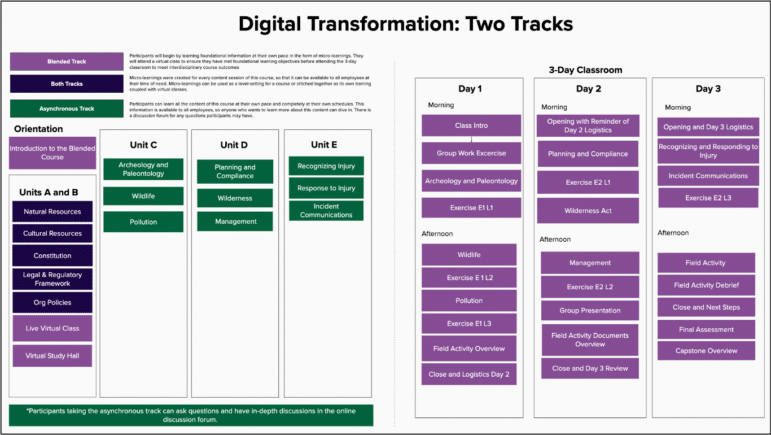
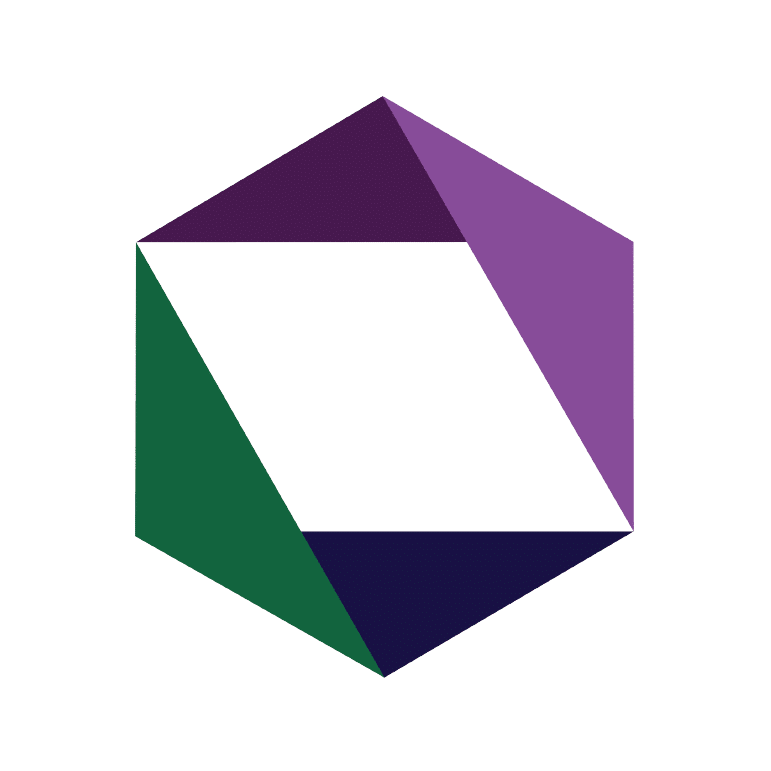
The EK Difference
The EK team leverages over 30 years of Learning and Development experience to evaluate beyond the training event. A wide-range analysis of the people, processes, technologies, and instructional framework, resulted in a design that offers a student-centered blended learning experience and broadens the scope of the audience through a modular, asynchronous learning approach.
EK also utilizes an agile instructional design model to develop and gather feedback concurrently. From the onset of the course transformation, EK scheduled a pilot to gather facilitator and student feedback from a carefully selected pilot cohort. The results from the pilot allowed EK to make refinements to the pilot material and subsequently apply refinements to the remaining current and future work. After development, EK provided support in releasing these courses to live cohorts. EK conducted first round release observations to provide the agency with a final report of actionable modifications to course content, logistics, and facilitation.
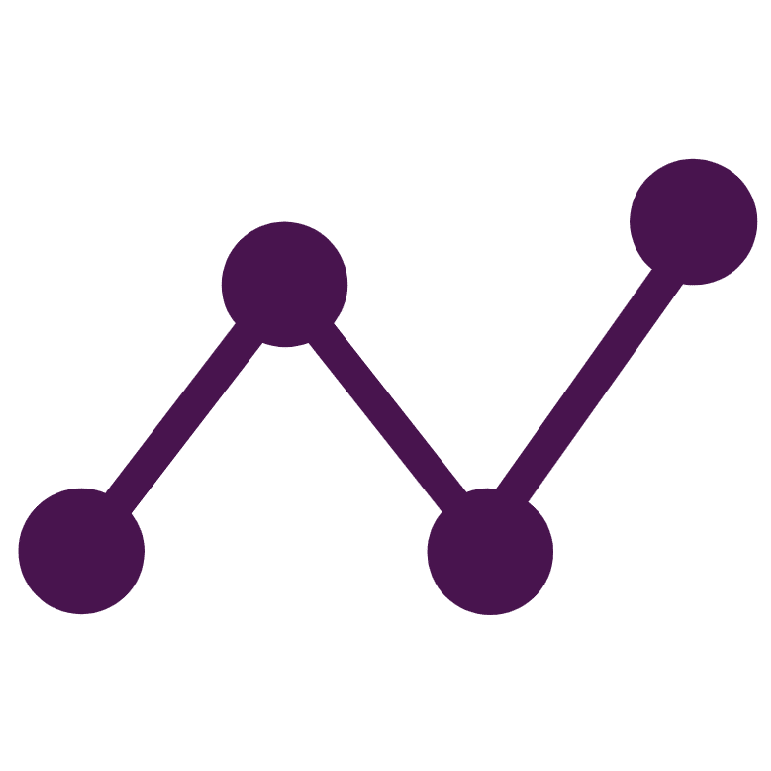
The Results
EK’s approach to digital transformation, evaluating beyond the training event, resulted in providing the client with a clear transformation roadmap and agile processes to work with multiple stakeholders and subject matter experts across the interdisciplinary program. EK created a working environment to deliver a multi-layered project that included designing and developing multiple learning paths, updating old processes and content within the program, creating communications and management processes for sustainability, and upskilling instructors to deliver effectively in a virtual environment.
